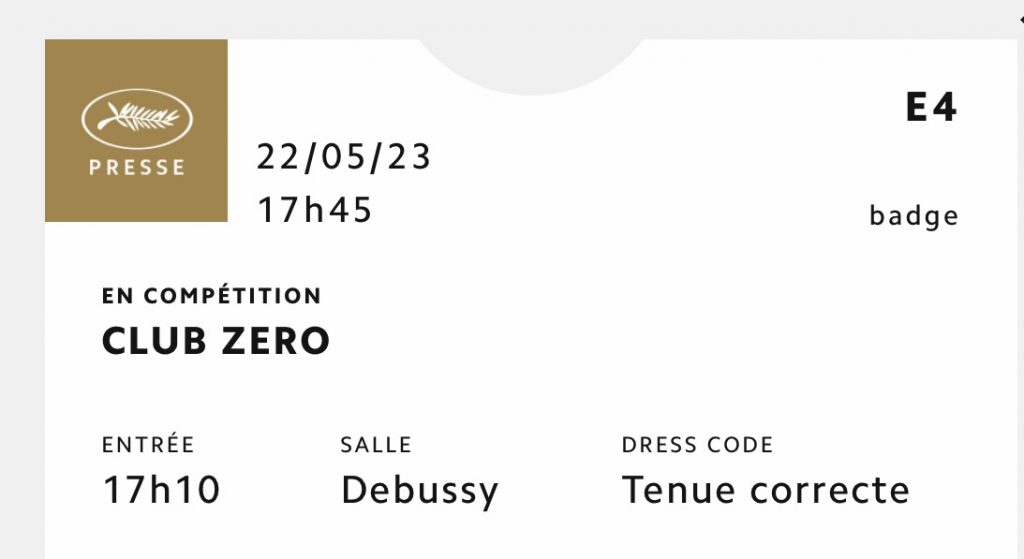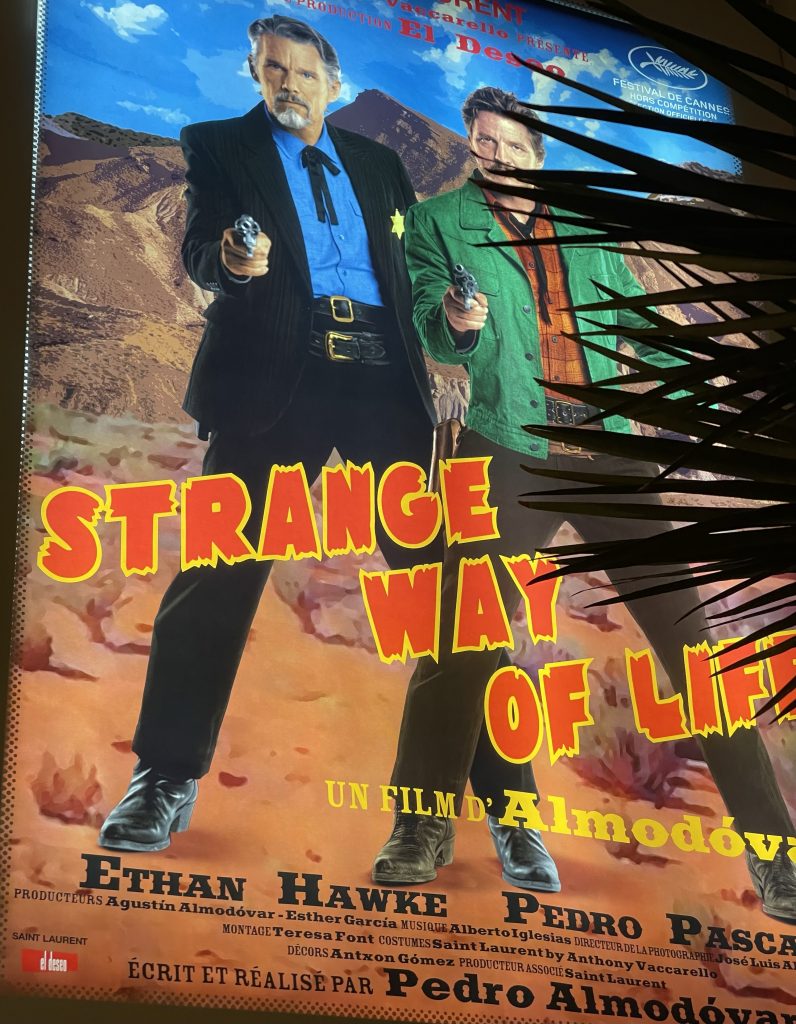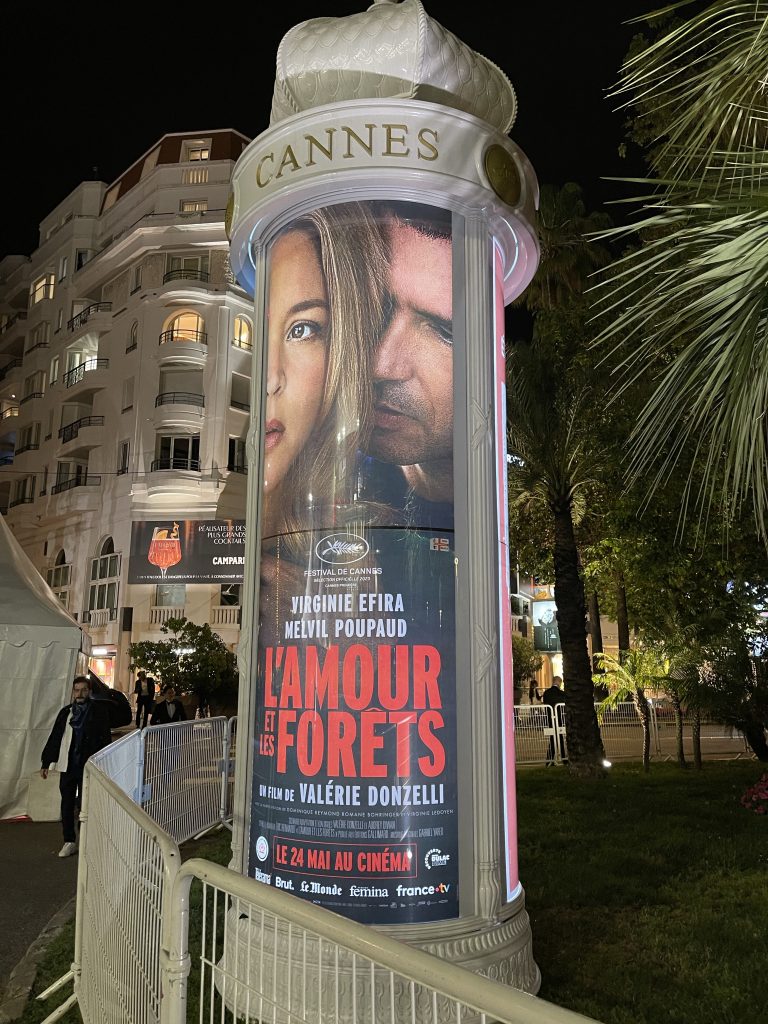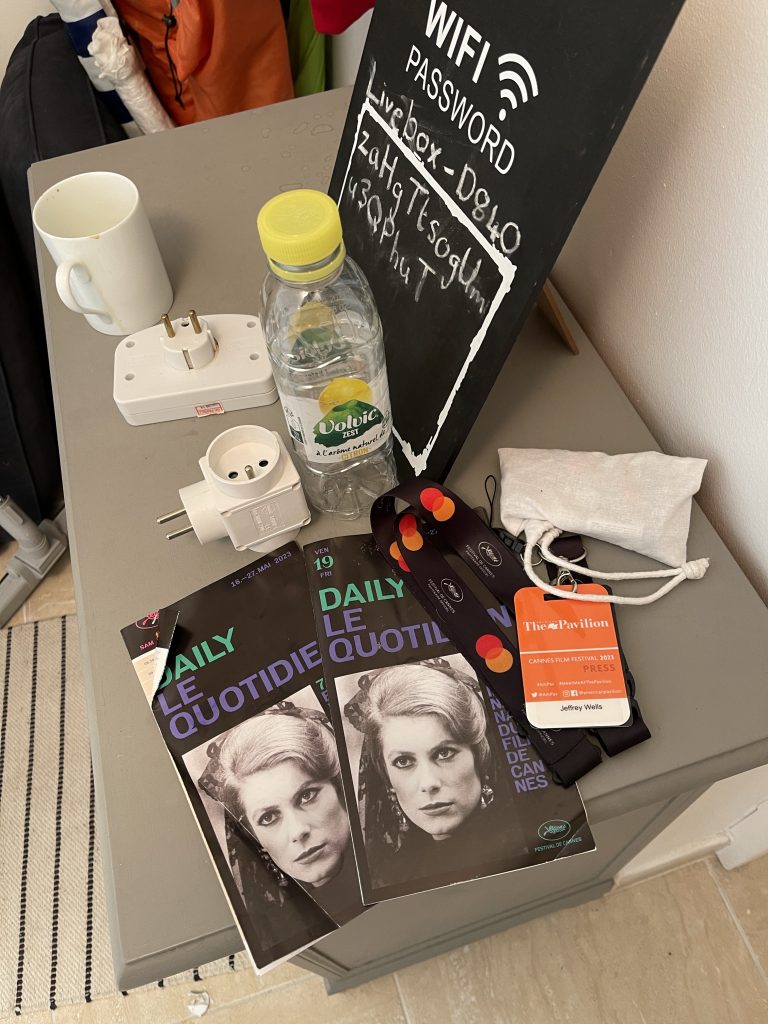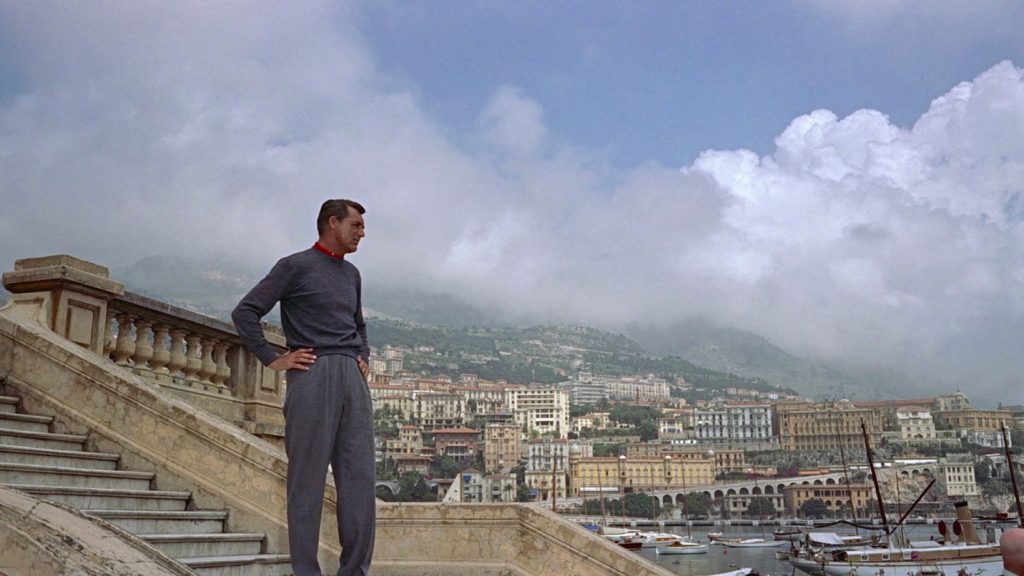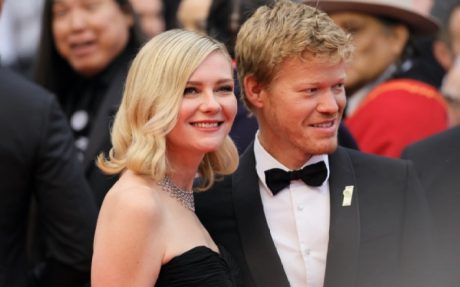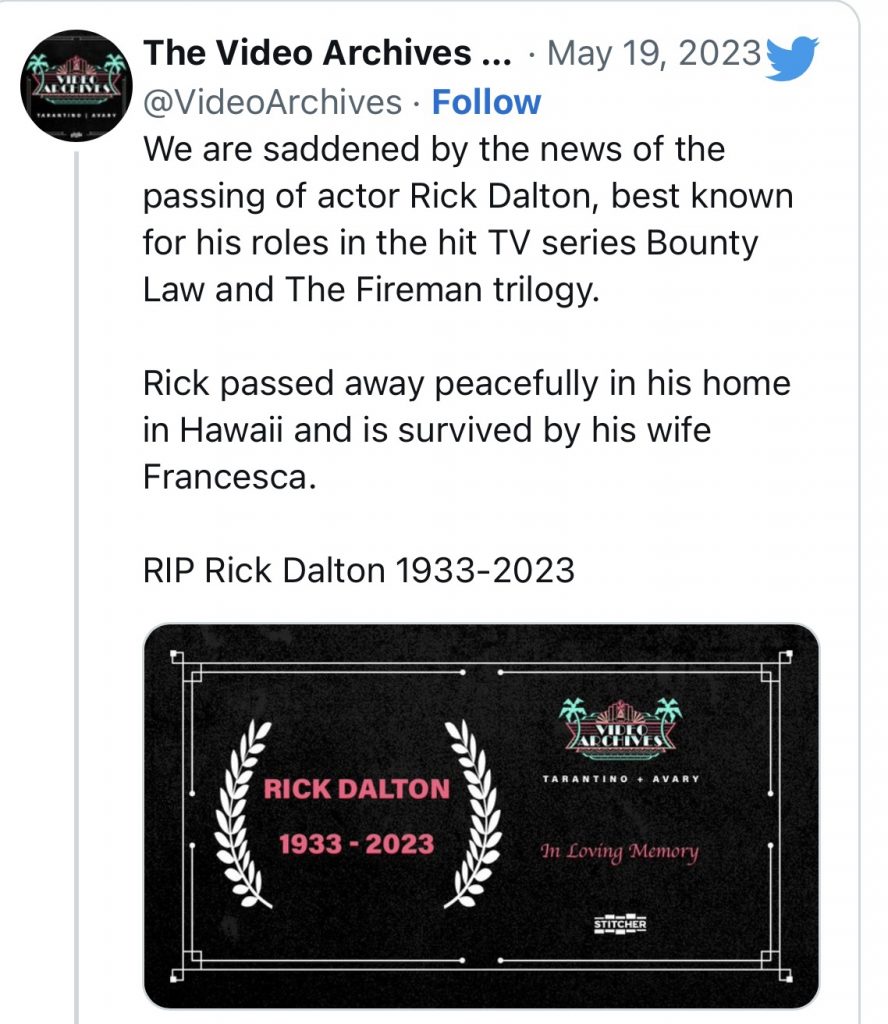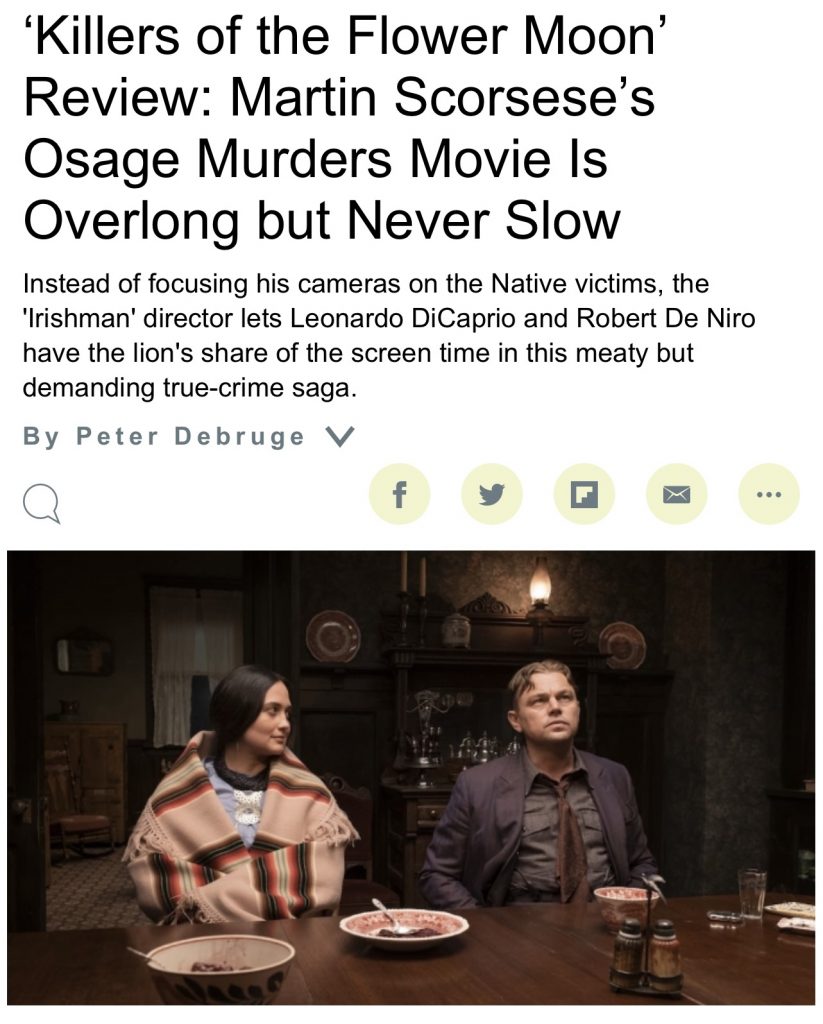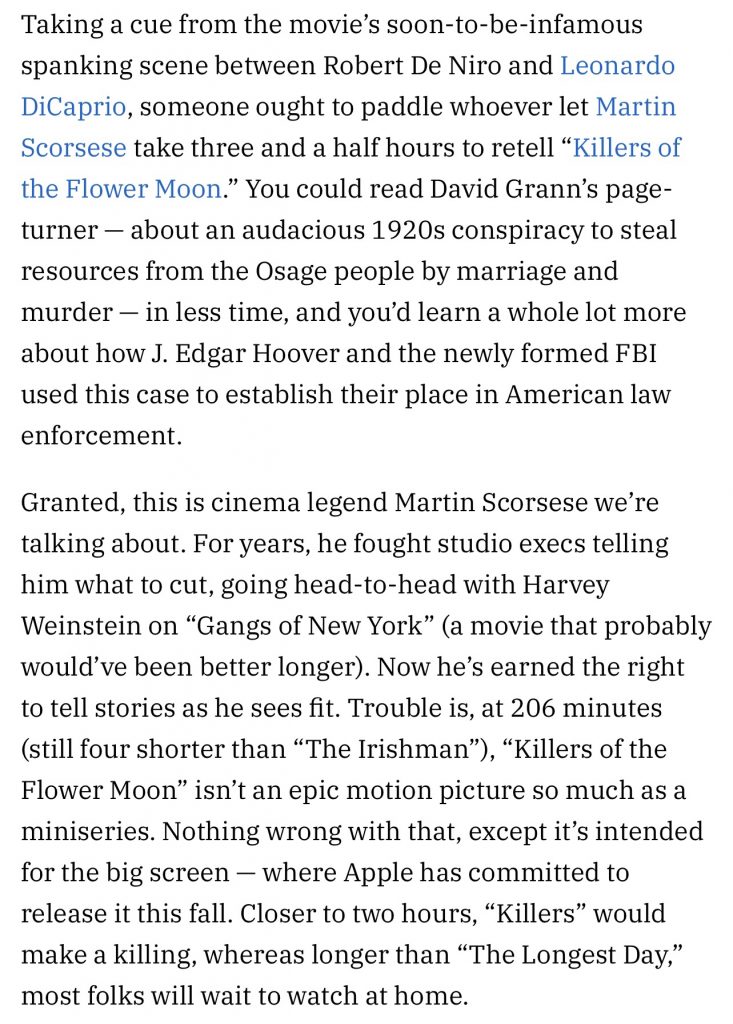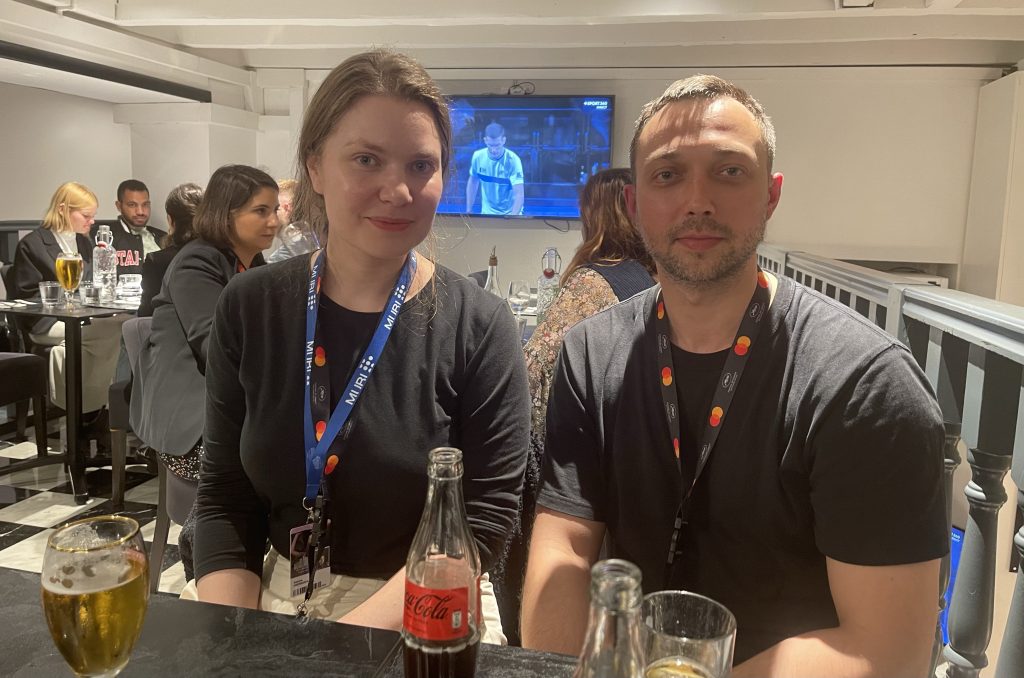Which well-known, big-name actors today have more or less admitted what Peter O’Toole‘s Alan Swann character shouted out in My Favorite Year — “I’m not an actor, I’m a movie star”?
Actors, in other words, who’ve acknowledged that they’re very good in a certain type of role but that’s all? Actors who’ve said in so many words that they’re not Daniel Day Lewis or Laurence Olivier and are more or less cool with this?
Perhaps not as baldly or bluntly as Steve McQueen copped to decades ago, but actors who’ve said they’re good within a certain perimeter, playing a particular kind of film and conveying a certain mode or mood or attitude, and have decided this is good enough and that it’s better not to step outside their zone?
Clark Gable was one of these — excellent playing Gable-type roles but careful to stay within his perimeter. Alan Ladd, Jean Arthur, Humphrey Bogart, Bette Davis, Robert Redford, Owen Wilson…pretty much all movie stars have figured out what their big-screen persona is and have boiled it all down and figured what works best for them.



